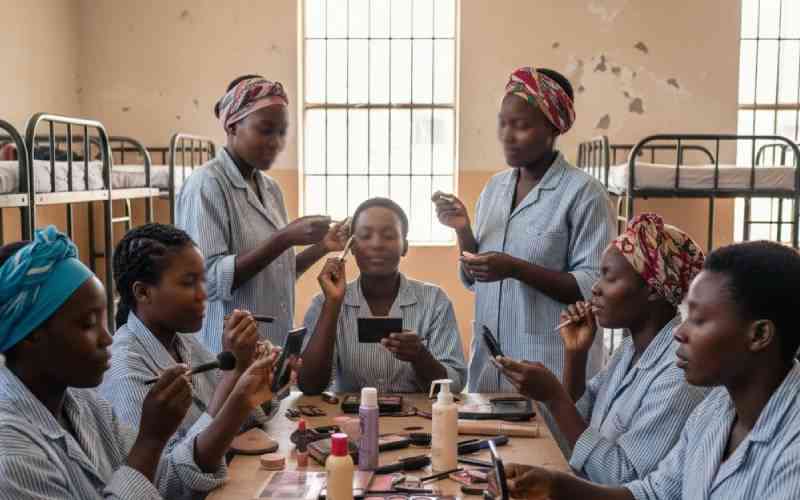
On Tuesday, November 2, First Lady Margaret Kenyatta will be the chief guest at the World Fertility Day conference at the Nairobi Serena Hotel.
Cecilia Mwangi, the chairlady of Fertility Kenya, a medical health NGO that seeks to raise awareness around infertility, is hosting the event.
Ms Mwangi says that, “Having children is the greatest gift life has given us; and Fertility Kenya implements awareness and activities that give hope and avenues to folks who struggle but still plan for parenthood.”
Facts First
Unlock bold, fearless reporting, exclusive stories, investigations, and in-depth analysis with The Standard INSiDER subscription.
Already have an account? Login
 The Standard Group Plc is a multi-media organization with investments in media
platforms spanning newspaper print
operations, television, radio broadcasting, digital and online services. The
Standard Group is recognized as a
leading multi-media house in Kenya with a key influence in matters of national
and international interest.
The Standard Group Plc is a multi-media organization with investments in media
platforms spanning newspaper print
operations, television, radio broadcasting, digital and online services. The
Standard Group is recognized as a
leading multi-media house in Kenya with a key influence in matters of national
and international interest.










